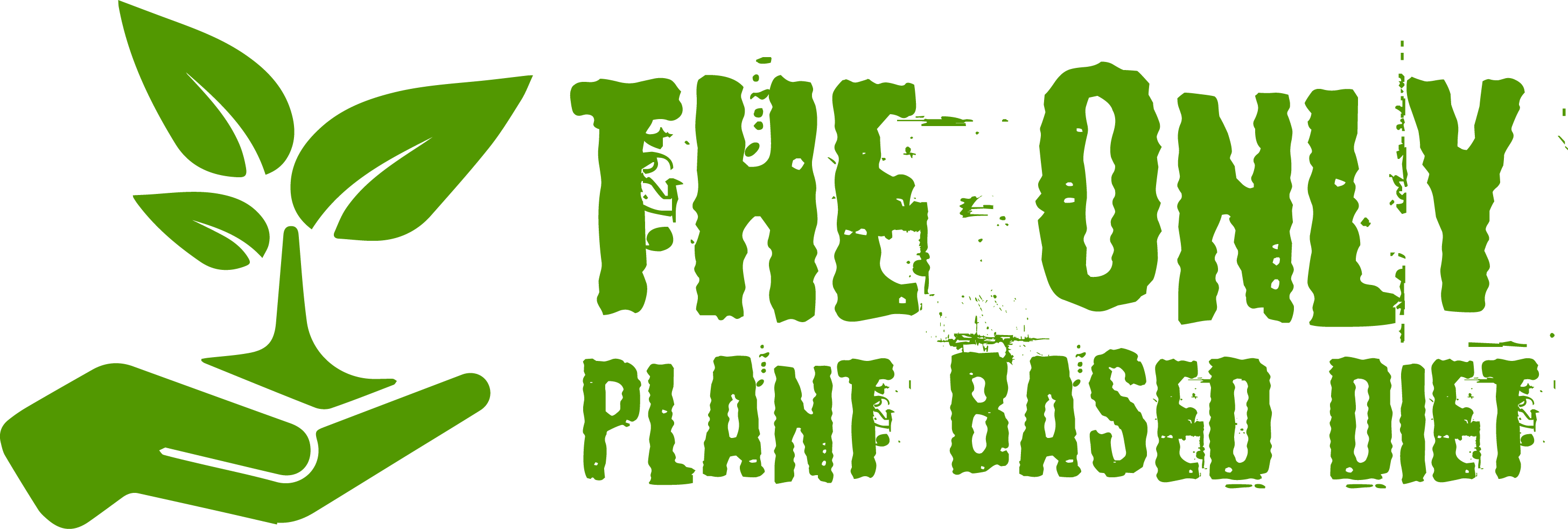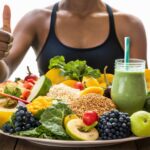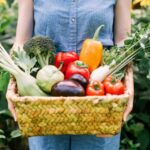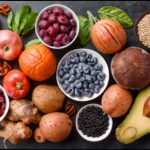Iron, a fundamental mineral, plays an indispensable role in numerous bodily functions, from oxygenating cells to supporting energy metabolism. A shortfall in iron can spell trouble, manifesting in anemia, fatigue, cognitive impacts, and weakened immune function.
The Vegan Diet: Iron Considerations
For vegans, iron intake warrants special attention. Traditional sources of heme iron, derived from animal products and known for its superior absorption, aren’t on the menu. Instead, vegans focus on non-heme iron from plant sources, which is less readily absorbed, necessitating a higher intake to meet the body’s needs.
Diving into Non-Heme Iron Sources
A plant-based diet needn’t be iron-deficient. A cornucopia of vegan foods offers substantial amounts of this vital mineral.
Legumes: More than Just Protein
Legumes, celebrated for their protein content, are also iron stalwarts. Lentils, chickpeas, and various beans not only diversify a vegan dish but also infuse it with iron. Soy products, like tofu and tempeh, continue the trend, boasting significant iron levels alongside their notable protein.
Nuts and Seeds: Tiny Iron Powerhouses
Small but mighty, nuts and seeds are formidable iron sources. Sesame seeds, hemp seeds, flaxseeds, and pumpkin seeds are particularly rich. In the nut category, cashews, pine nuts, and macadamia hold their own, offering delicious versatility alongside their nutritional benefits.
Iron-Rich Vegetables
Green leafy vegetables, often heralded as nutrient-dense, are no slouches in the iron department either. Spinach, kale, and broccoli are prime examples. Beyond greens, mushrooms and heart of palm offer variety and iron.
Special Mention: Tomato Concentrate
While fresh tomatoes aren’t particularly iron-rich, concentrating them into sauces, sun-dried tomatoes, and pastes amplifies their iron content, providing a flavorful iron boost to dishes.
Fruits: Unexpected Iron Sources
Some fruits, often overlooked in iron discussions, contribute to iron intake. Options like mulberries, olives, and prunes offer sweetness or savoriness while providing non-heme iron.
Whole Grains: The Iron Staple
Whole grains, synonymous with fiber and various micronutrients, are also commendable iron sources. Quinoa, amaranth, spelt, and fortified cereals can serve as staples in a vegan diet, underpinning meals with an iron foundation.
Enhancing Iron Absorption
Tips for Maximizing Iron Intake
Combining non-heme iron sources with vitamin C-rich foods can enhance iron absorption. Conversely, limiting coffee and tea around meals can prevent their tannins from impeding iron uptake. Soaking, fermenting, and sprouting seeds, grains, and legumes can also maximize the bioavailability of iron in these foods.
The Risks of Iron Deficiency
Spotting the Signs
Vigilance for iron deficiency symptoms is crucial. Fatigue, paleness, difficulty concentrating, and increased cold sensitivity can signal iron shortfall. Prompt identification and dietary adjustment, or supplementation under professional guidance, can help maintain optimal health.
Iron, vital for our wellbeing, is abundantly available in a plant-forward diet. By choosing diverse, iron-rich foods and employing strategies to enhance non-heme iron absorption, vegans can easily meet their iron needs. With thoughtful dietary choices, the plant-based path can be both health-supportive and delicious.
The Dos And Don’ts Of Whole Food Plant-Based Eating
FAQs
Can vegans get enough iron from food alone?
Yes, with a well-planned diet emphasizing iron-rich foods and absorption enhancers like vitamin C.
How can vegans enhance iron absorption?
Consuming vitamin C-rich foods with iron sources and avoiding coffee or tea around meals can help.
Do all legumes contain iron?
Most legumes are good iron sources, but lentils, chickpeas, and beans, especially soybeans, are particularly high.
Can I use supplements for iron?
Yes, but consult with a healthcare provider first, as excessive iron can be harmful.
Are there any fruits rich in iron?
Fruits aren’t typically high in iron, but mulberries, olives, and prunes are exceptions.







